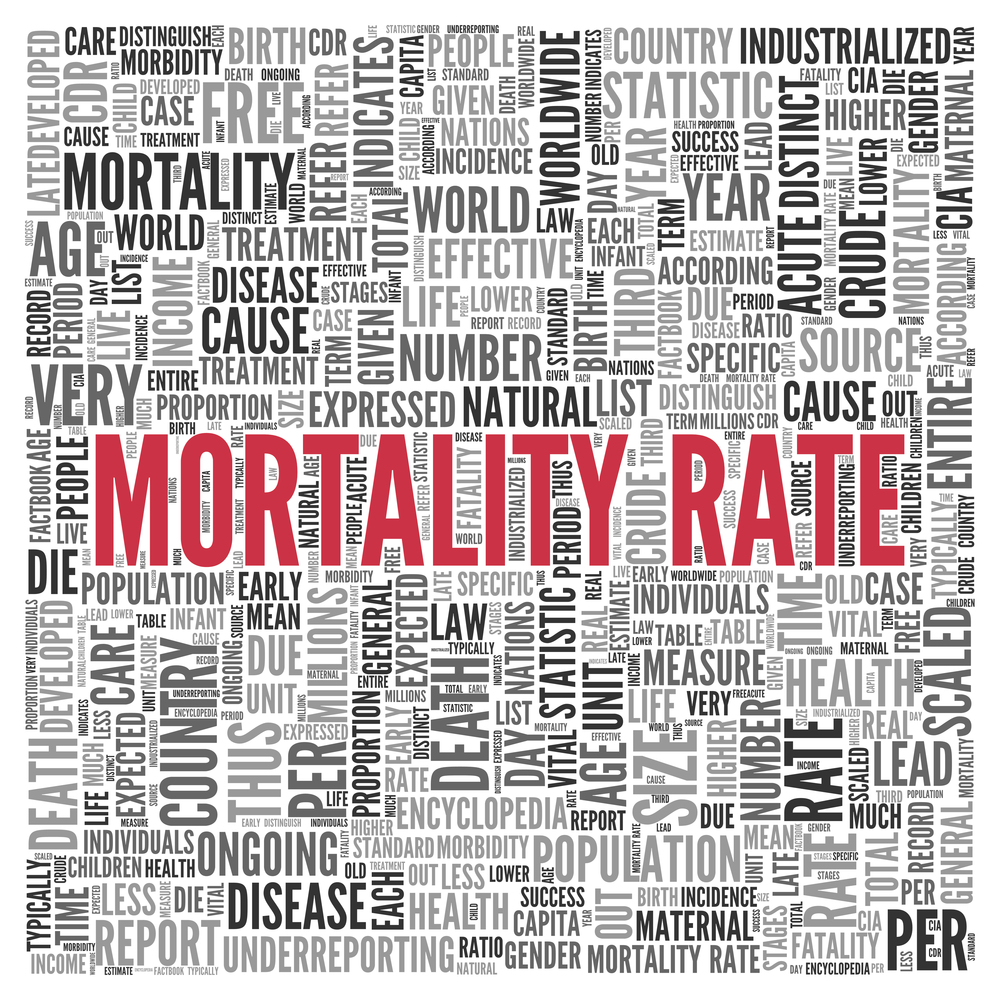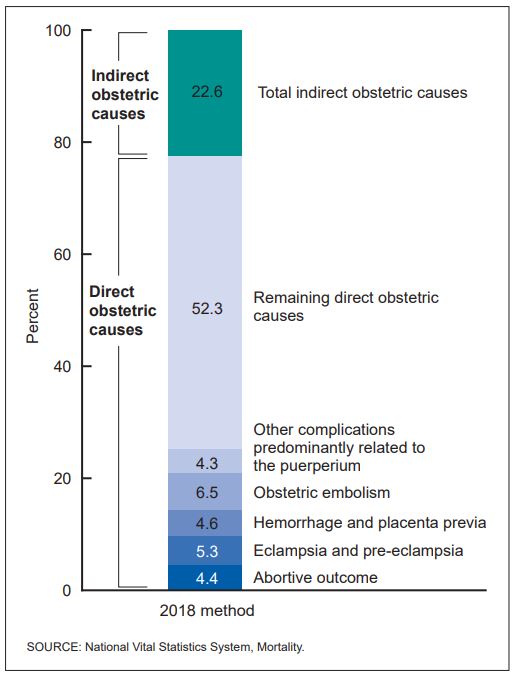
New Data on Maternal Mortality Rates in the United States
A new report reveals changes in maternal mortality rates in the United States. At Birth Injury Guide, we know how important maternal health is to new and growing families. In this post, we offer you information about the new mortality rates and why they are so important.
Maternal Mortality Rates in the U.S.
The World Health Organization (WHO) defines maternal mortality as
“the death of women while pregnant or within 42 days of being pregnant, from any cause related to or aggravated by the pregnancy or its management, but not from accidental or incidental causes.”
For centuries, mortality rates have been estimated based on the cause of death listed on a death certificate. Unfortunately, research shows that maternal mortality rates have been grossly underestimated and underreported. More specifically, the cause of death has been inconsistent.
In 2003, the U.S. Standard Certificate of Death was updated to include a separate checkbox for pregnancy. Since 2003, the NCHS has not compiled data on maternal mortality rates, allowing states the opportunity to switch over to the new certificates.
Now, maternal mortality rates are once again receiving attention, with the most recent data from 2018. The new data was compiled by the U.S. Department of Health and Human Services, the Centers for Disease Control and Prevention (CDC), the National Center for Health Statistics (NCHS), and the National Vital Statistics System (NVSS). This report is the first since 2007, and the first using a new coding system to track maternal mortality rates.
The data shows the following maternal mortality rates:
- In 2018, 658 women died due to maternal causes.
- The maternal mortality rate for 2018 is 17.4 deaths per 100,000 live births.
- Maternal mortality rates are 7.7 times higher among women over 40 as opposed to those under 25. Rates by age are:
- 40 and older – 81.9
- 25-39 – 16.6
- 25 and under – 106
- Maternal mortality rates vary by race, with data from 2018 showing:
- Non-Hispanic black – 37.1
- Non-Hispanic white – 14.7
- Hispanic – 11.8
Maternal Mortality Causes
The NVSS also calculates maternal deaths by cause of death. In 2018, almost 80 percent of maternal deaths were the result of “direct obstetric causes.” These causes include health conditions, such as:
- Obstetric embolism
- Hemorrhage
- Placenta previa
- Ruptured placenta (placental abruption)
- Eclampsia
- Preeclampsia
- Abortive outcome

Within the scope of direct obstetric causes, there are numerous possible complications and medical conditions that may contribute to a mother’s death.
Why Maternal Mortality Rates Matter
Maternal mortality rates matter because doctors need to know what complications, side effects and injuries are causing death during labor and delivery or shortly thereafter. By understanding why maternal deaths occur, doctors can better monitor women and educate them on possible complications of pregnancy. Furthermore, doctors can better prepare to manage complications, monitor maternal and fetal vital signs and be ready to take action.
Mothers are not exempt from the dangers of birth injuries or medical malpractice. Sometimes things go wrong that could may be preventable with proper medical care or monitoring. Also, sometimes a doctor fails to diagnose a medical condition or treat it properly, resulting in poor outcomes. Such cases constitute medical negligence.
Examples of medical negligence during labor and delivery that may harm a mother include:
- A doctor failing to control excessive bleeding or blood loss
- A doctor’s failure to diagnose and treat a maternal infection
- Healthcare staff failing to note high blood pressure
- An improperly performed Cesarean section (c-section)
Any of these situations may constitute medical malpractice.
Contact a Birth Injury Attorney
Anyone who experiences medical malpractice or a birth injury should certainly contact an attorney right away. It is important to determine if your situation constitutes medical negligence, and if so, what your best options are. There are legal options for recovery in cases of medical negligence, but you must act quickly in order to meet the statute of limitations guidelines.
To find out if your maternal or birth injury is the result of medical negligence, contact Birth Injury Guide. We will connect you with a birth injury lawyer who is knowledgeable about medical negligence. We offer a free case review to every potential client, so you have nothing to lose. To get started, call us toll free at 1-877-415-6603, or complete our online contact form.

